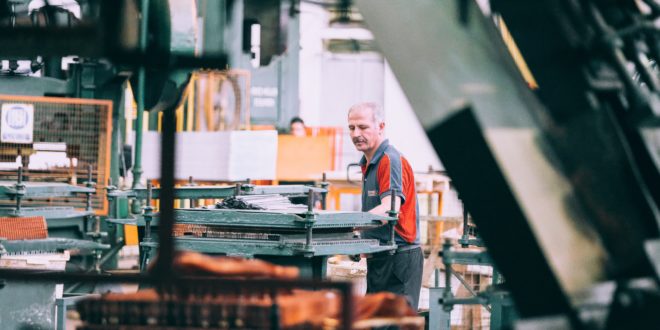Nowadays, “sustainability” is the word on every business’ proverbial tongue. From healthcare to tech, everyone is looking for ways to limit their impacts on the environment, and manufacturing industries are no exception. Sustainability is the wave of the future, as it will help maximize revenues while simultaneously conserving natural resources and preserving the environment from harm. Additionally, sustainable manufacturing enhances businesses by:
- Improving operational efficiency through reduced costs and waste
- Improving brand loyalty and sales
- Lowering regulatory compliance costs
- Making it easier to retain and acquire employees
- Creating greater access to capital
With that in mind, let’s take a look at some key trends that will play a role in the sustainable manufacturing landscape of the future, focusing on how companies can more efficiently expend resources, allocate their human capital, and decide where to shift their focus.
A Change In Focus
It’s clear that manufacturers will need to adopt a proactive focus on attaining carbon neutrality within their operations. What this will mean, in turn, is a widespread evolution in the technologies and practices used within offices and factories alike. Digitalization, new delivery methods, even the design process will be transformed in the coming decade, and it’s going to be done, at least in part, to help manufacturers slash their emissions and protect the planet.
A Shift to Digital Manufacturing
A key shift for many will be the adoption of more digital manufacturing techniques and practices. From CNC to 3D printing, these techniques allow for the creation of on-demand parts and facilitate rapid design iteration. More than enhancing the efficiency with which businesses can bring their ideas into reality, however, digital manufacturing techniques lend a hand to sustainability efforts by reducing waste and improving the accuracy and precision with which things can be produced. This goes hand-in-hand with another coming trend…
Embracing AI and Automation Technologies
With an increased reliance on digital manufacturing techniques, there may also be an increase in the investment in artificial technology, machine learning, and automation technologies. At perhaps the most basic level, automation technologies can help power robotic machinery that can be employed in real-time to lighten human workloads or aid human operators.
Combined with the ability of AI to more accurately predict consumer demands, these advances can help fuel sustainability by decreasing waste and overproduction. AI can benefit even outside the area of immediate production, by helping to optimize production outputs (using less power) and performing other kinds of analysis to control the expenditure of resources.
Using More Recyclable Materials
The idea of reusing and recycling materials has been around for a while, but the technology to really make it thrive in industries like manufacturing is only just now getting to the point where it may have a future impact on sustainability. Particularly where plastics are concerned, there’s effort across the globe on refining the tools and techniques used to recycle, with the hopes of incorporating it widespread as a sustainability effort. These recycled plastics will be good enough to use in products as varied as children’s toys and footwear.




